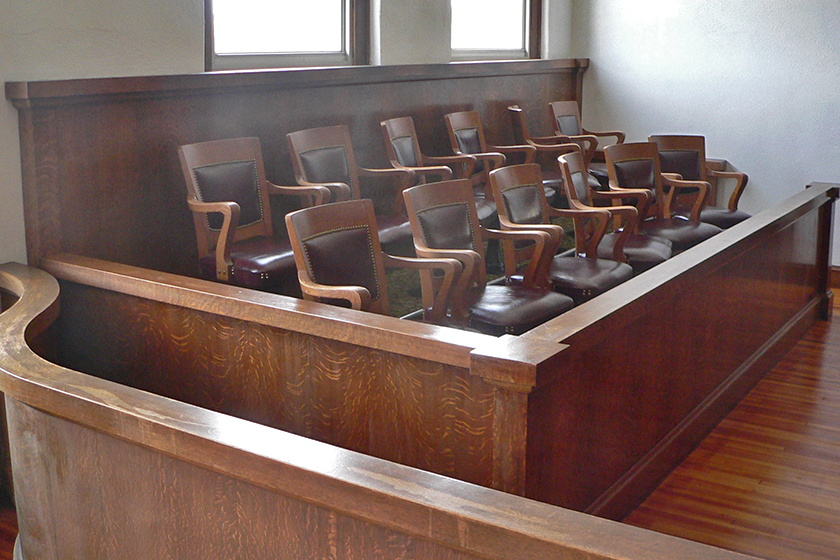Impeaching By Omission
The art of witness impeachment is inextricably bound with the substantive law of evidence. Evidence rules explicitly allow for impeachment of any witness (even one called by the party) and set the procedures for attacking with inconsistencies – the impeaching document need not be shown to the witness, and impeachment must occur with there being some opportunity for the witness to respond and explain. But the rules are silent on at least two critical issues – the why of impeachment, and a definition of what exactly makes a prior statement “inconsistent.” The former question is one answered not in evidence law but in the art and techniques of advocacy. We impeach witnesses to discredit in-court testimony and show them to be liars or mistaken and unreliable. We impeach witnesses to tell or support our own story. We impeach witnesses for the drama it brings to the courtroom and the control it places in the hands of the questioner. As to when a prior statement is “inconsistent,” there is little in terms of a definition beyond inconsistency being in the eye of the advocate/beholder, with a judge viewing …











